Filter by
Featured news (958)
RSS
Illicit firearms are a threat to public safety, fuelling terrorism, organised crime, and other offences. The Commission has proposed new EU-wide rules to tackle trafficking and other firearms-related offences. These will make investigations and prosecutions more effective and help law enforcement.

On February 24 2022, Russia launched an unprovoked war of aggression against Ukraine. Since then Ukrainians have endured years of unnecessary suffering. The EU has provided unwavering political, financial, military and humanitarian aid since the outset and reaffirms its support to Ukraine today.
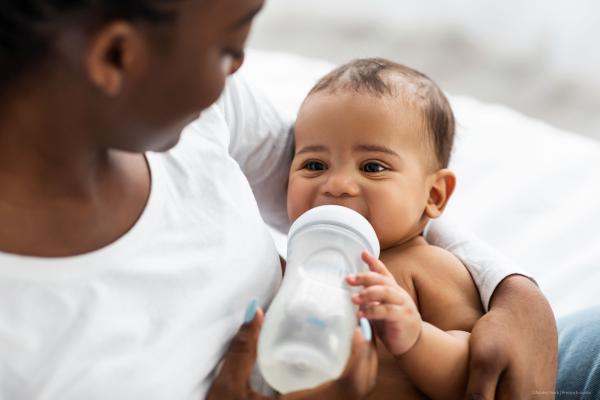
The EU's health and food safety agencies say the risk to exposure to contaminated infant formula is now low, thanks to the recall in several EU countries. Most of the affected children experience mild symptoms. The recall was triggered in December after a toxin called cereulide was detected.

Two years ago, the Digital Services Act entered into force. It regulates online services such as social media, marketplaces, app stores, and online travel and accommodation services. Its objective is to ensure a safer digital space in which fundamental rights are protected.

This year we celebrate 15 years of the European Citizens’ Initiative - a unique way for you to act on causes you care about. Launch an initiative that falls within the EU’s competences and shape the EU by calling on the European Commission to propose new laws on your chosen issue. Find out more.
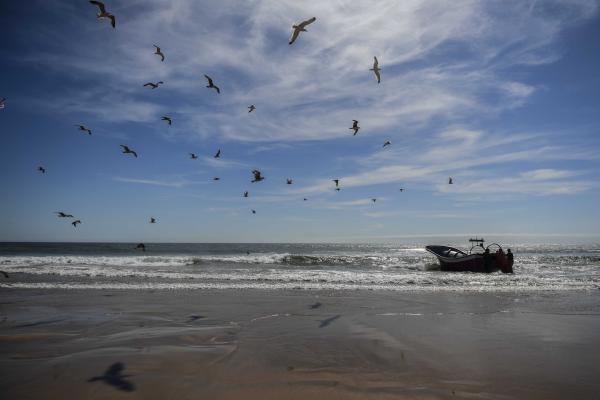
Every year, thousands of marine animals and seabirds are accidentally caught in fishing gear across European waters. An EU project is working with fishers to test practical solutions that reduce bycatch while maintaining viable fisheries in the Atlantic, Baltic and Mediterranean seas. Find out more.
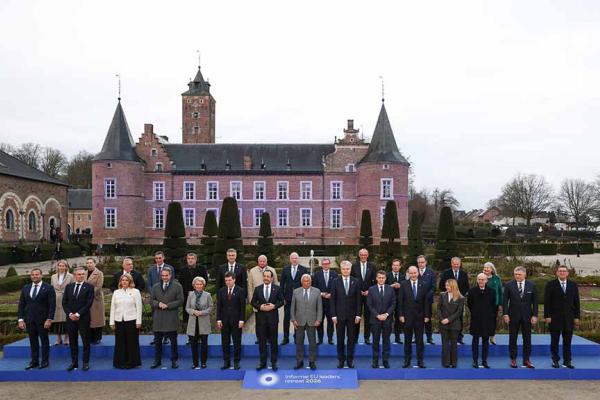
At the informal retreat, EU leaders committed to making Europe strategically autonomous. The ultimate goal of these efforts is to pursue economic growth and industrial innovation and deliver high-quality jobs and affordability.
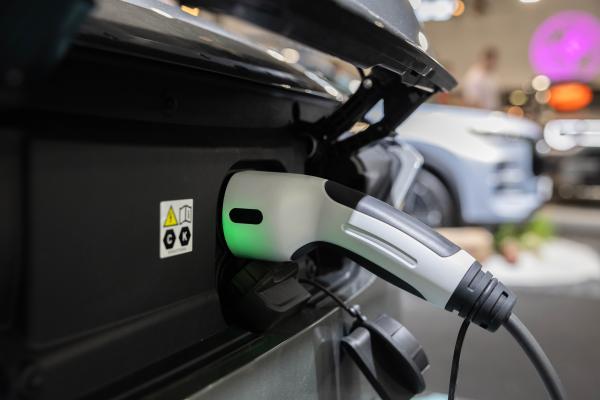
The 2026 Results from Road Transport Research Conference showcased the results from almost 100 Horizon Europe transport projects. These demonstrated advances in decarbonisation, automated mobility, digitalisation, road safety, electric vehicles, urban mobility, infrastructure and logistics.
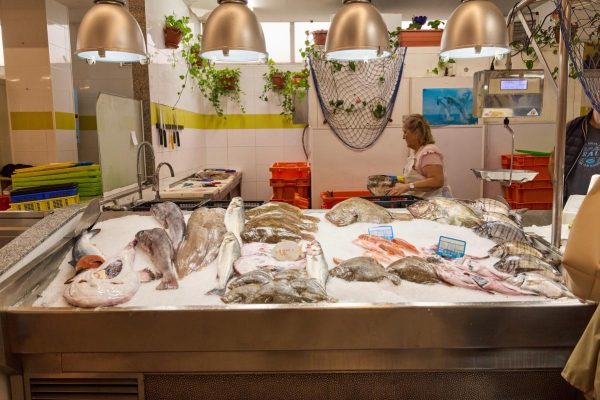
The European Food Safety Authority carried out an EU survey before and after some countries updated their advice on how often to eat fish and seafood that may contain traces of mercury. It found important differences across countries and between the general population and pregnant women.
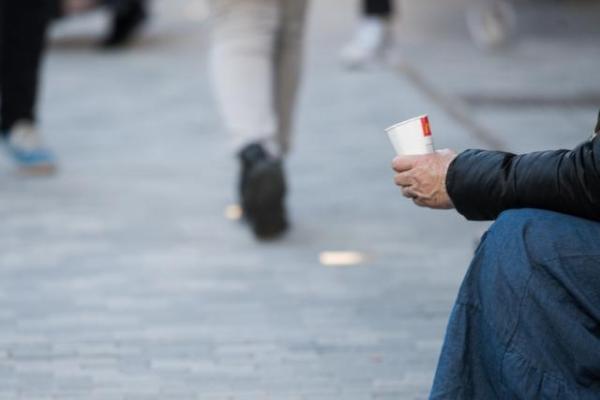
Parliament has called on the European Commission to recognise poverty as a violation of human dignity. It also proposed that more attention should be paid to fighting child poverty, which affects one in four European children, and promoting policies that protect labour rights and fair wages.

The European Commission has announced the winners of the Juvenes translatores school translation contest – one from each EU country. This year saw a record 3004 participants from 716 schools, translating in 155 different language combinations out of the 552 available.
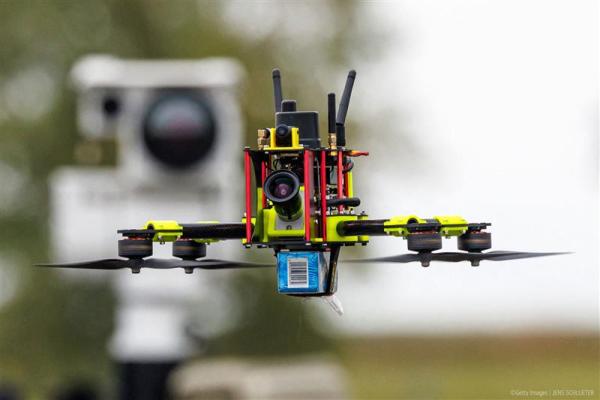
The Commission has put forward actions to counter increasing drone threats to EU security. They set out to achieve closer coordination between EU countries and steps to prepare, detect and respond to drone threats by strengthening the EU’s defence readiness.

One in six children aged 11 to 15 report that they have been victims of cyberbullying, which shows just how urgent it is to address this. That is why the Commission has put forward an action plan against cyberbullying, which centres around the rollout of an EU-wide app designed to help victims.
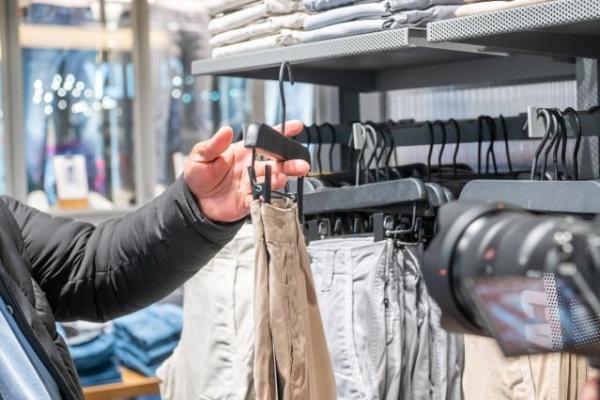
Every year in Europe, around 4-9% of unsold textiles are destroyed before ever being worn, generating around 5.6 million tons of CO2 emissions. To cut this wasteful practice, new EU rules will introduce a ban on the destruction of unsold clothes, clothing accessories and footwear.
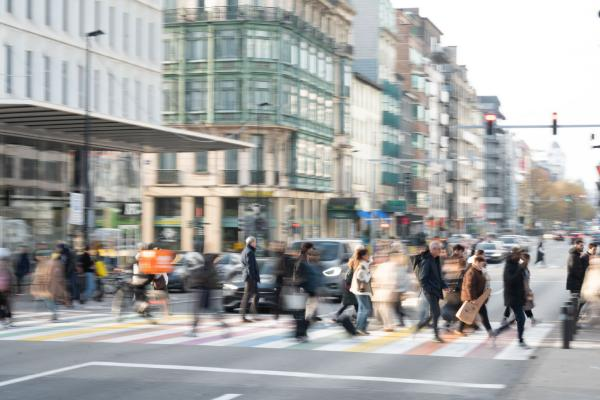
A new survey finds that 89% of EU citizens want the EU to act with unity and ambition in the face of global threats. In particular, they are increasingly anxious about active conflicts (72%), terrorism (67%), natural disasters (66%), cyber-attacks (66%) and uncontrolled migration (65%).
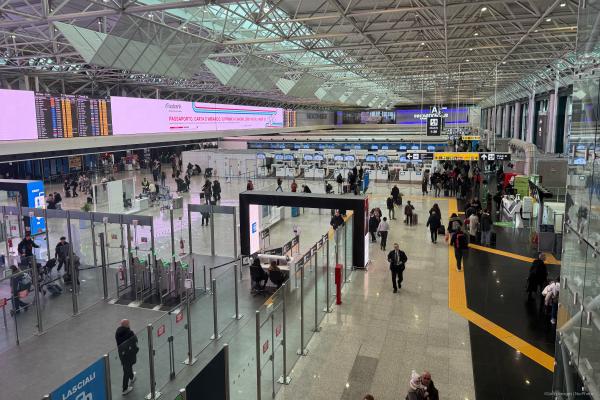
A new EU strategy on migration will help guide the EU’s work on asylum and migration, notably sustaining the reduction in illegal arrivals, while at the same time encouraging legal pathways to the EU. A new EU visa strategy will help attract skilled workers to the EU and ease legitimate travel.
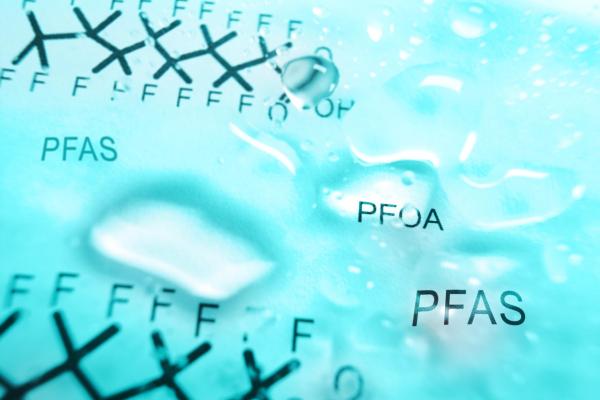
A new report highlights the urgent need to halt ‘forever chemicals’ contamination to avoid enormous costs to society. Current levels of PFAS (per- and polyfluoroalkyl substances) pollution could cost the EU around €440 billion by 2050. PFAS chemicals harm both human health and the environment.

European data protection authorities work together to protect your personal data, including children's data, every day. Children are more at risk online than adults because they do not easily recognise dangers. A new hub, Privacy for Kids, will demonstrate how to protect children’s digital privacy.
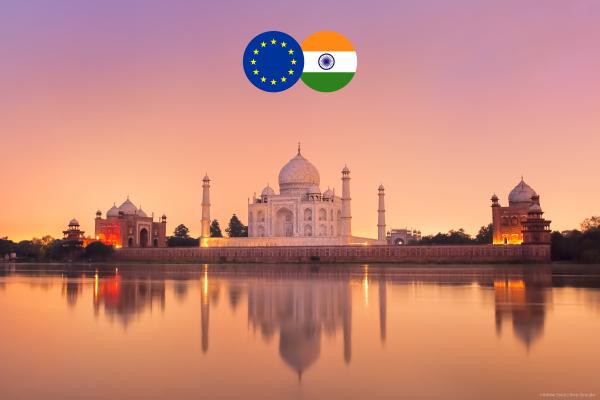
The EU and India have concluded a landmark free trade agreement, the largest such deal ever concluded by either side. The agreement creates a free trade zone of 2 billion people, with both sides set to gain economically. It will also strengthen political ties between the world's biggest democracies.

The EU and Brazil have formally confirmed that their levels of data protection are comparable. By recognising this high standard of data protection, businesses, public authorities and researchers can now freely exchange data between the EU and Brazil, boosting digital trade.
